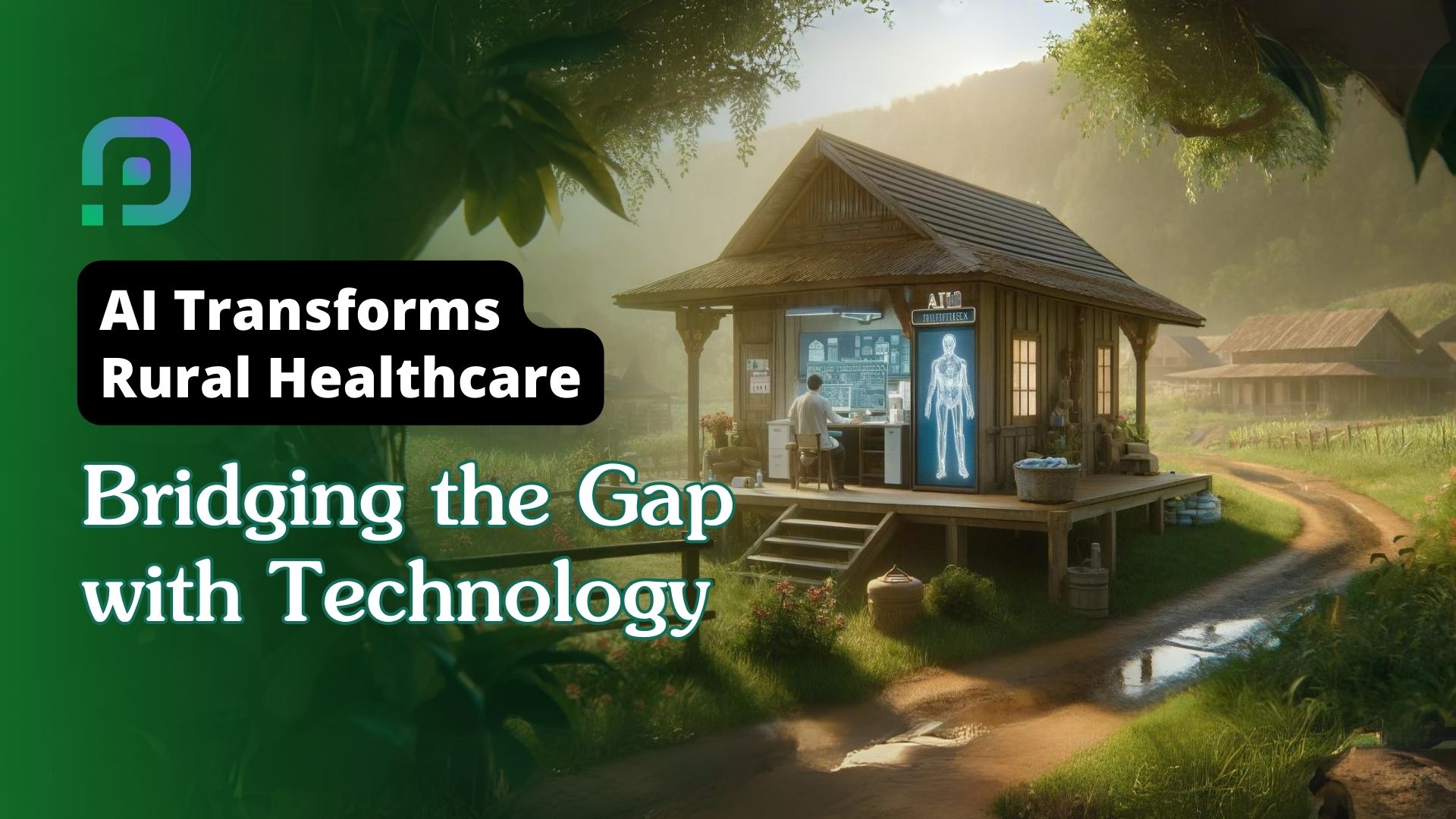Published - Sat, 25 Jun 2022

FOODS TO AVOID WHEN MANAGING HYPOTHYROIDISM
A condition known as hypothyroidism occurs when the thyroid gland is unable to generate enough of the hormones that it should. Hypothyroidism cannot be cured solely by food. The appropriate nutrition and medication, however, can work together to improve thyroid function and lessen your symptoms. One to two percent of the world's population suffers from hypothyroidism, and women are 10 times more likely to be affected than men. Your thyroid gland and your body's capacity to utilize thyroid hormones can both be impacted by what you consume. The management of hypothyroidism can be challenging, and what you eat might affect how well it responds to the medication. If you have thyroid disease, you should stay away from the following dietary categories:
Alcohol: Alcohol consumption has several harmful effects on the body, one of which is a worsening thyroid condition. Doctors advise cutting alcohol use almost completely for thyroid patients. The amount of hormones the thyroid produces can be negatively impacted by alcohol. Additionally, excessive alcohol use can limit the body's ability to use thyroid hormones.
Coffee: Caffeine has been shown to prevent the absorption of thyroid hormone replacement when consumed in the morning. Thyroid levels were out of control in people who took their thyroid medication with their daily coffee. Medication should only be taken with water. Before drinking a cup of coffee, you should wait at least 30 minutes after taking your medicine.
Cruciferous veggies: The majority of cruciferous vegetables are leafy greens. These include Brussels sprouts, cabbage, lettuce, broccoli, cauliflower, kale, and more. Even though cruciferous vegetables are packed with nutrients, if you consume any of these veggies, your body may have difficulties absorbing iodine. Therefore, we urge you to minimize your intake of cruciferous veggies.
Foods high in fat: While the body does need some good fats, eating unhealthily fatty foods might negatively impact thyroid patients' health. Fried foods, meat, some dairy items, and other fatty foods are examples of fatty foods. It has been demonstrated that fats hinder the body's ability to absorb thyroid medicine.
Gluten: Foods containing gluten protein, which can be found in wheat, rye, and barley, should be avoided by thyroid sufferers. It has been demonstrated that gluten lessens the impact of thyroid medicine. Additionally, a large number of thyroid patients also have celiac disease, which necessitates a gluten-free diet for the patient.
Foods high in fibre: Some of the most popular high-fiber foods are bread, vegetables, beans, and legumes. Foods high in fibre are notorious for overtaxing the digestive system since they take longer to digest. Even the effects of thyroid medicine on the body may be impacted by this. Your thyroid medication's efficacy may need to be increased if you eat a high-fiber diet, so consult your doctor for this.
Processed foods: Foods that have been processed include packaged pre-cooked items like potato chips and wafers as well as cooked frozen items like fries and chicken nuggets. People who have thyroid problems are recommended to avoid or consume less sodium because the majority of processed foods are rich in sodium. A high-sodium diet has been shown to raise blood pressure in healthy adults; thyroid disease sufferers are particularly at risk for this.
Soybeans and their products: Isoflavone-containing substances have been found in soybeans and their byproducts, including tofu, edamame, miso, and others. Isoflavones may make you more likely to develop thyroid disease. These products may negate the effects of your thyroid medication if you do have thyroid issues.
Sugary foods, such as chocolate cake: Hypothyroidism can cause a slowdown in the body's metabolism. Foods with excessive sugar should be avoided because they are high in calories without any nutrients. It's advisable to cut back on your sugar intake or make an effort to fully eliminate it from your diet.
Created by
Rigomo Team
Rigomo is a leading online education platform that offers a wide range of courses to help individuals enhance their skills and achieve their career goals. With our user-friendly interface and expert instructors, we strive to provide high-quality education to everyone, anytime and anywhere. Join us today and take the first step towards a brighter future.
Rigomo is an e-learning platform that was founded in 2019 by a team of dedicated professionals with a passion for revolutionizing the way people learn. The platform offers a range of online courses that cover various industries, including business, technology, healthcare, and more.
Rigomo's courses are designed to be interactive and engaging, with a focus on practical skills that learners can apply in their careers. The platform uses a combination of video lectures, quizzes, and hands-on projects to help learners master the subject matter.
Rigomo is committed to providing affordable and accessible education to people around the world. The platform offers a range of pricing options, including monthly and annual subscriptions, as well as pay-as-you-go options for individual courses.
Since its launch, Rigomo has received numerous accolades for its innovative approach to e-learning. The platform has helped thousands of learners across the globe acquire new skills and advance their careers.
As Rigomo continues to grow, the team remains committed to providing high-quality education that is accessible to all. The platform is constantly updating its courses and features to ensure that learners have access to the latest tools and technologies.
Comments (0)
Search
Popular categories
Health and Wellness
231Skill Development
7Technology
5Success story
2Community Impact
2Strategy
1Latest blogs

DeepSchool: The Story of an Idea That Refused to Sit Still
Tue, 02 Dec 2025

Transforming Emergency Care: The Story Behind Rigomo's Revolutionary PPMMP Course
Sun, 12 May 2024

Empowering Rural Healthcare: How Pogiko's AI is Bridging the Gap in Medical Services
Thu, 25 Apr 2024

Write a public review